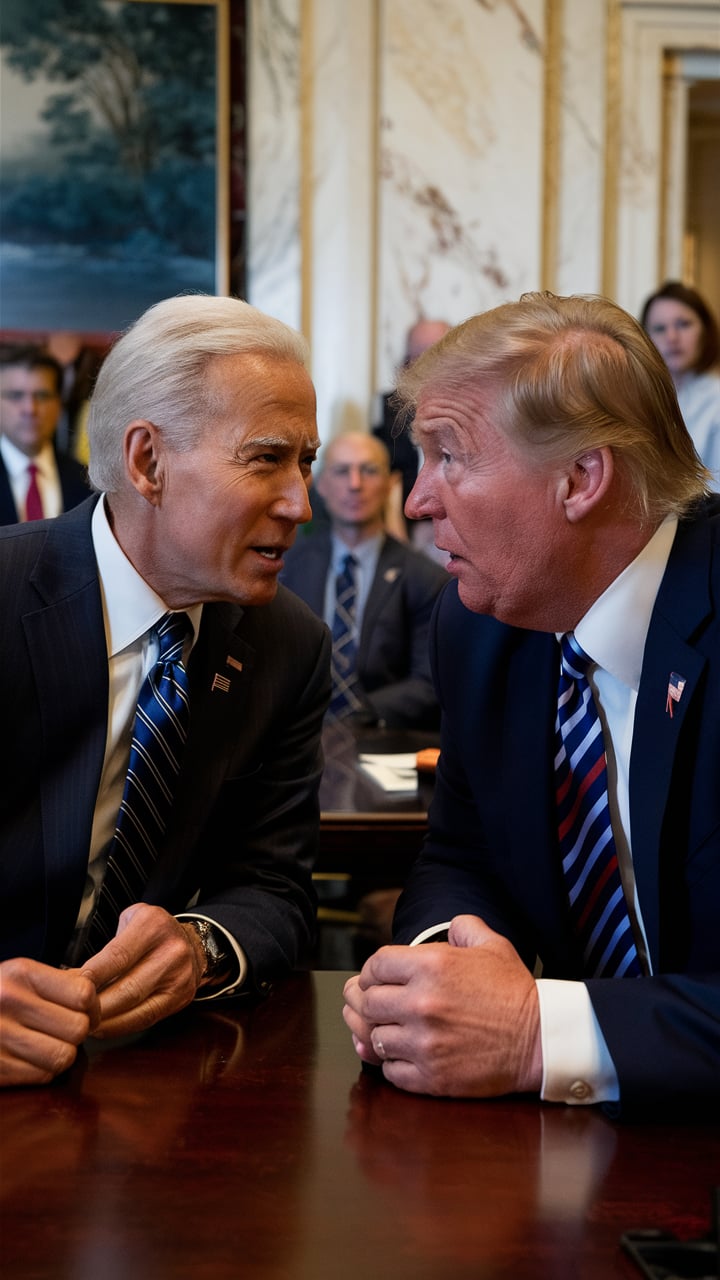In a significant shift from his previous stance, President Joe Biden is advancing proposals to reform the U.S. Supreme Court as part of his 2024 election-year platform. These proposals, which have sparked widespread debate, include instituting term limits for Supreme Court justices and establishing a legally enforceable code of ethics.
Key Proposals
- Term Limits for Justices: One of the most discussed elements of Biden’s proposals is the introduction of term limits for Supreme Court justices. Currently, justices serve lifetime appointments, a practice some argue has led to a lack of accountability. The proposed term limits would mark a significant departure from this tradition, though specific details on the length of the terms have not been finalized.
- Enforceable Code of Ethics: Another major component is the implementation of a code of ethics that would apply to all justices. Unlike other federal judges, Supreme Court justices are not currently bound by a formal code of conduct. The proposed changes aim to hold justices to higher ethical standards, addressing concerns about potential conflicts of interest and impartiality.
Political Context and Challenges
Biden’s proposals come amid increasing concerns about the Supreme Court’s direction, particularly following several controversial decisions. With a conservative majority solidified under former President Donald Trump, Biden’s proposals are seen by some as a way to counterbalance recent judicial shifts. However, these changes would require congressional approval, a challenging prospect given the current political divide in Congress.
Biden’s move to consider these reforms is seen as an attempt to energize his base, especially as he faces potential challenges in the upcoming election. Critics, however, argue that such changes could undermine the independence of the judiciary and have labeled them as an attempt at “court-packing,” a term historically used to describe efforts to manipulate the Court’s composition for political gain.
Conclusion
As the 2024 election approaches, Biden’s proposals to reform the Supreme Court are likely to be a focal point of political debate. Whether these proposals will gain traction in a divided Congress remains uncertain, but they underscore the ongoing conversation about the role and structure of one of the nation’s most powerful institutions.
These reforms are a bold departure from tradition and highlight the broader debate over the balance of power within the U.S. government. As Biden navigates the complexities of these proposals, their potential impact on the judiciary and American politics will be closely watched [❞] [❞].
